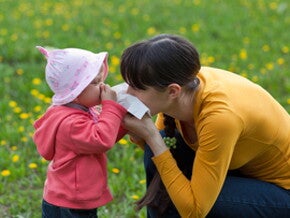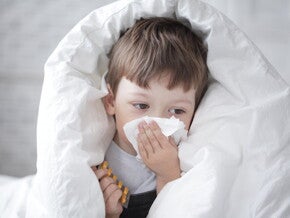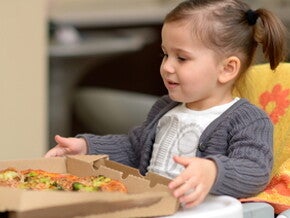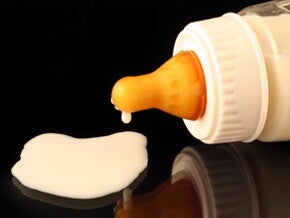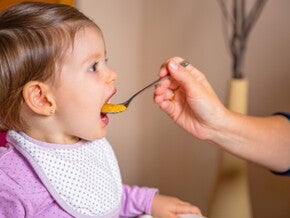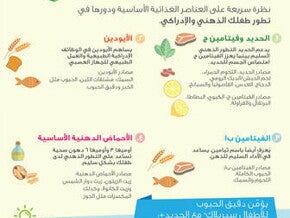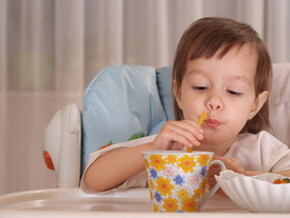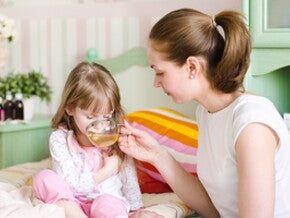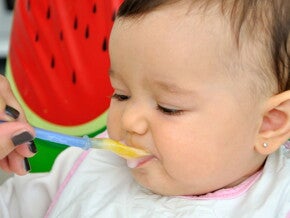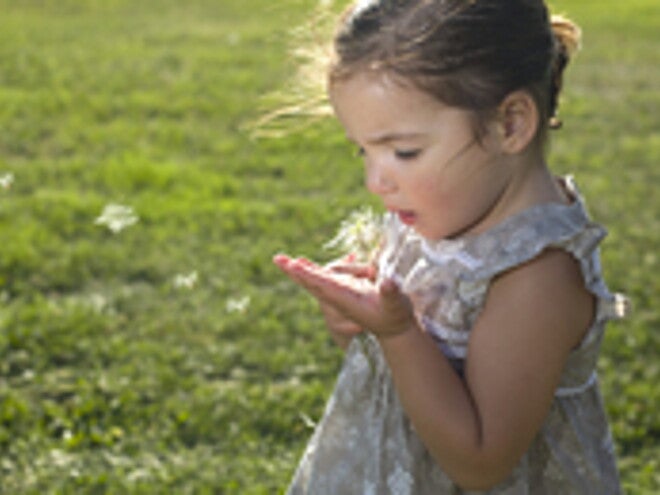
Top Allergy Triggers In Children
Watch Out For These Common Allergy Factors!
IMPORTANT NOTICE: The World Health Organization (WHO) recommends exclusive breastfeeding for the first 6 months and continued breastfeeding for as long as possible. Growing up milks are formulated to meet nutrition needs of healthy young children older than 1 year and should not be fed to infants.
Children may suffer from allergy through direct contact with materials or substances called allergens. Allergens can be either inhaled or taken by mouth or injected into their tiny bodies from mosquito bites or medication.
Types of allergens that cause allergic reactions include:
- Dust mites living in mattresses, carpets and every spot with high humidity.
- Pollen dispersed from trees, plants and flowers over long distances.
- Mold or fungus growing in warm environments, whether inside or outside the house.
- Some animal furs, such as rabbits, dogs, cats and horses.
- Cockroaches, which are the main cause of asthma and other respiratory allergies in urban children.
- Certain foods, mainly cow’s milk, egg, peanut, soy, fish and wheat.
- Some types of vaccines or medicines, at top antibiotics.
- Some types of chemicals used in the production of paints, washing powders, detergents, etc.
- The poison coming from certain types of insects.
According to experts, allergy tends to be a genetic disease, meaning that a child descendant from a mother or a father with allergy is at increased risk.
If you or your husband has allergies and suspect your baby inherited this condition from one of you, we advise you to do whatever it takes to protect him from its reactions and resulting side effects on his health and immunity.
Believe it or not, there are simple steps you can take to delay or even prevent your child from developing allergic reactions to the environment, such as keeping your house clean and free from mold and mites, not keeping pets at home, not growing plants indoors, abstaining from smoking and banning same in your child’s presence and keeping your windows closed during pollen season. In short, do your best to keep your toddler away from known allergens and irritants. After all, prevention is the best and most effective allergy treatment.
Read More: Allergic March In Children


